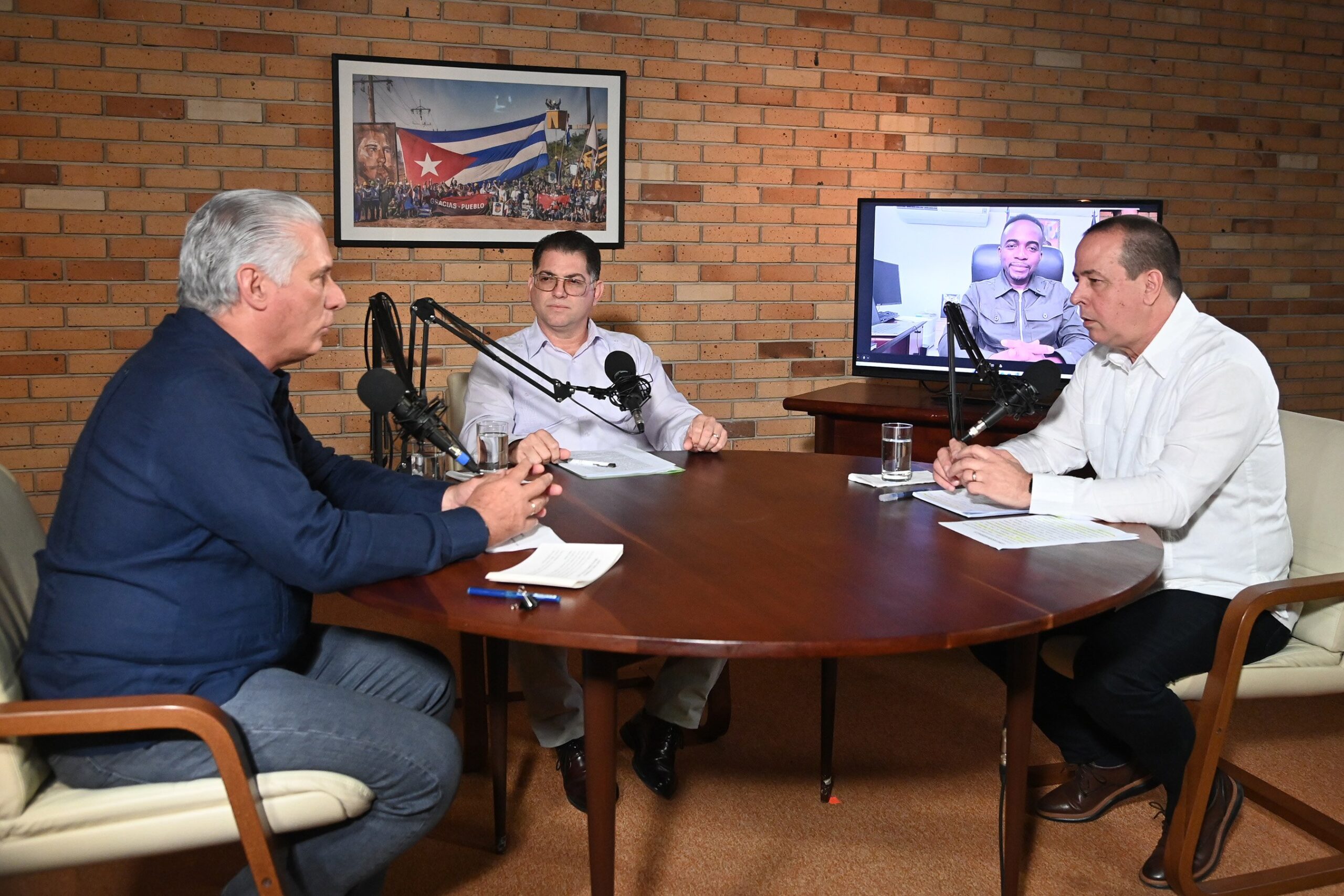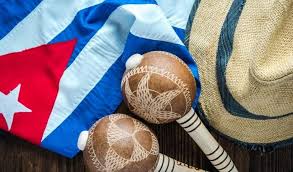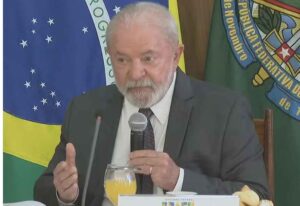The enemies of the Revolution have not yet internalised the vocation of service, selflessness, altruism, which is at the very basis of the professions linked to health services, Cuban President Miguel Díaz-Canel said today.
In podcast No. 27 Desde La Presidencia, which he hosted with a panel of experts, the president said that «The Cuban School of Medicine is guided by the most beautiful human values. And Cuba’s enemies are betting on selfishness, on individualism, on the worst of human beings».
He also stressed that the Cuban missions defend values sown and defended by the Revolution that are consubstantial to medicine, and «which stem from the profound ethical sense of the so-called Hippocratic oath».
He added that in Cuba «there is no need to pay, as in other countries, for enrolment in medical science courses, here all Cubans can access them on an equal footing; the child of a businessman, a peasant, a worker or a single mother and families with few resources».
The Head of State invited the Honduran doctor Luther Castillo, a Garífuna (communities of African descent and native peoples from various regions of the Caribbean), a minister in the Honduran government and a graduate of the ELAM, to share his experiences.
Luther praised Cuban cooperation in health and in the training of medical personnel from the countries of the Global South and even from the United States.
Dr. Carlos Ricardo Pérez, who has directed important medical institutions in the country and is currently the Secretary General of the Cuban Red Cross, also spoke at the event.
The senior Red Cross official said that «calling a free man a slave is offensive and disrespectful».
«The Hippocratic Oath, which doctors sign and in which they undertake to carry out their profession with conscience and dignity, to place the health and life of the sick among their first concerns, and to maintain the honour and noble traditions of the medical profession,» he added.
Towards the end of the programme, the head of state assessed that Cuban cooperation in health for more than 60 years in 165 countries has cared for millions of people and saved lives in emergency situations and natural disasters.
In most cases,» he said, «not only was this cooperation provided free of charge for as long as we could, but we also guaranteed its continuity, forming schools to prepare local human resources.




